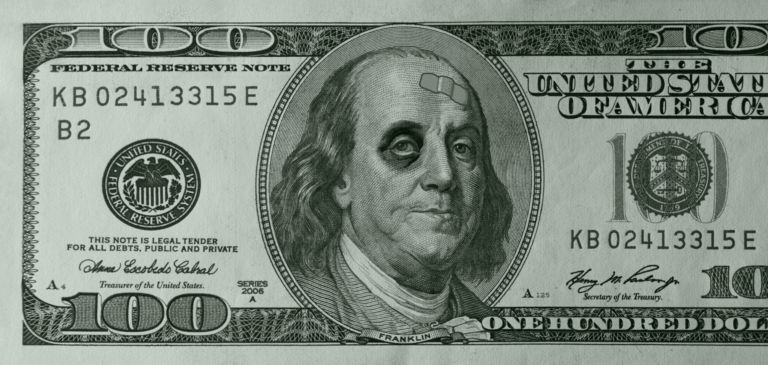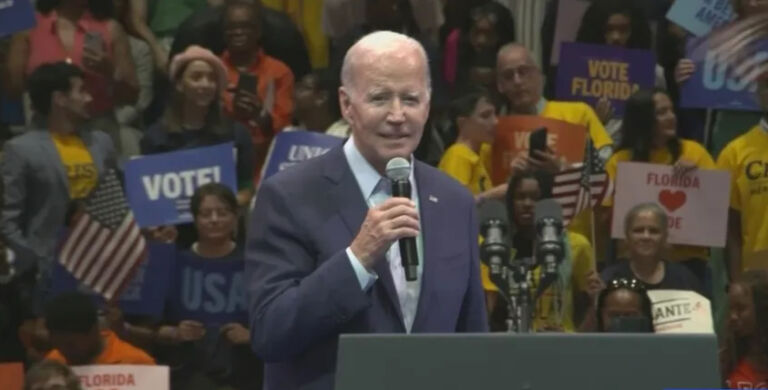Everybody is feeling pain at the gas pump. Politicians are coming up with proposals to try to provide relief, but few would actually bring prices back down.
More generally, price inflation is a result of Federal Reserve money printing, mostly to finance government deficit spending.
But specific to gas prices, how can those prices be brought back down?
Basic Econ 101 tells us: to lower the price of a good, all else being equal, either the demand for the good needs to fall, or the supply of it must increase (or some combination of both).
Two recent proposals would do neither; and if anything, would drive gas prices up still higher.
President Biden recently floated the idea of a gas tax holiday. The measure would suspend the 18 cents per gallon federal gas tax for the summer months. This move would do nothing to increase the supply of gas – such a temporary measure will not inspire oil refineries and others to invest in increased supply. And it certainly would not suppress demand. And if anything, gas retailers would be incentivized to raise their prices enough to bring them back up to where they were before the tax holiday.
Moreover, estimates project that the gas tax holiday would reduce government revenue by $10 billion. Unless there is an offsetting reduction in government infrastructure spending of $10 billion (highly unlikely), that revenue gap will need to be made up for with deficit spending, much if not all would be financed by Federal Reserve money printing.
In North Carolina, state Senate Democrats have introduced a bill that would send every North Carolina adult with a driver’s license $200. Surely North Carolinians would welcome the money, but it would do nothing to bring down gas prices, and if anything would push them up. Sending an estimated $1.3 billion to drivers across the state would serve to subsidize demand for gas, putting upward pressure on prices. And being a one-time subsidy, there would be no incentive for producers to increase supply.
Sending an estimated $1.3 billion to drivers across the state would serve to subsidize demand for gas, putting upward pressure on prices.
With the Biden administration appearing to stubbornly continue to refuse to ease restrictions in order to encourage more supply, the best hope for gas prices to fall again looks to be decreased demand. Sadly, the surest way to decrease demand in a significant manner would come in the form of a recession, which appears to be more and more likely.


